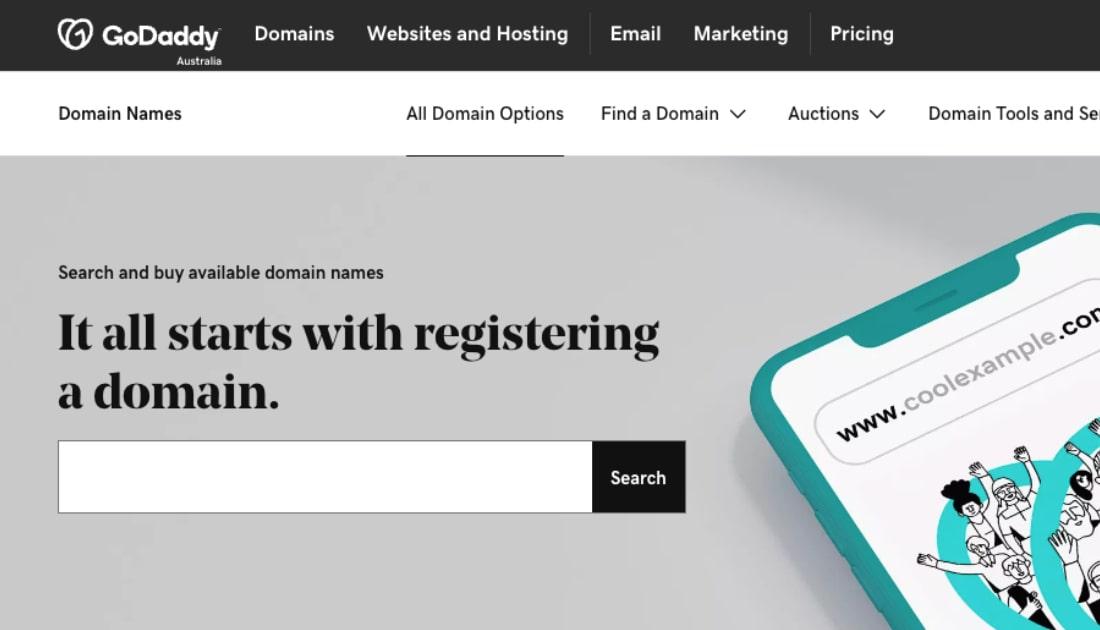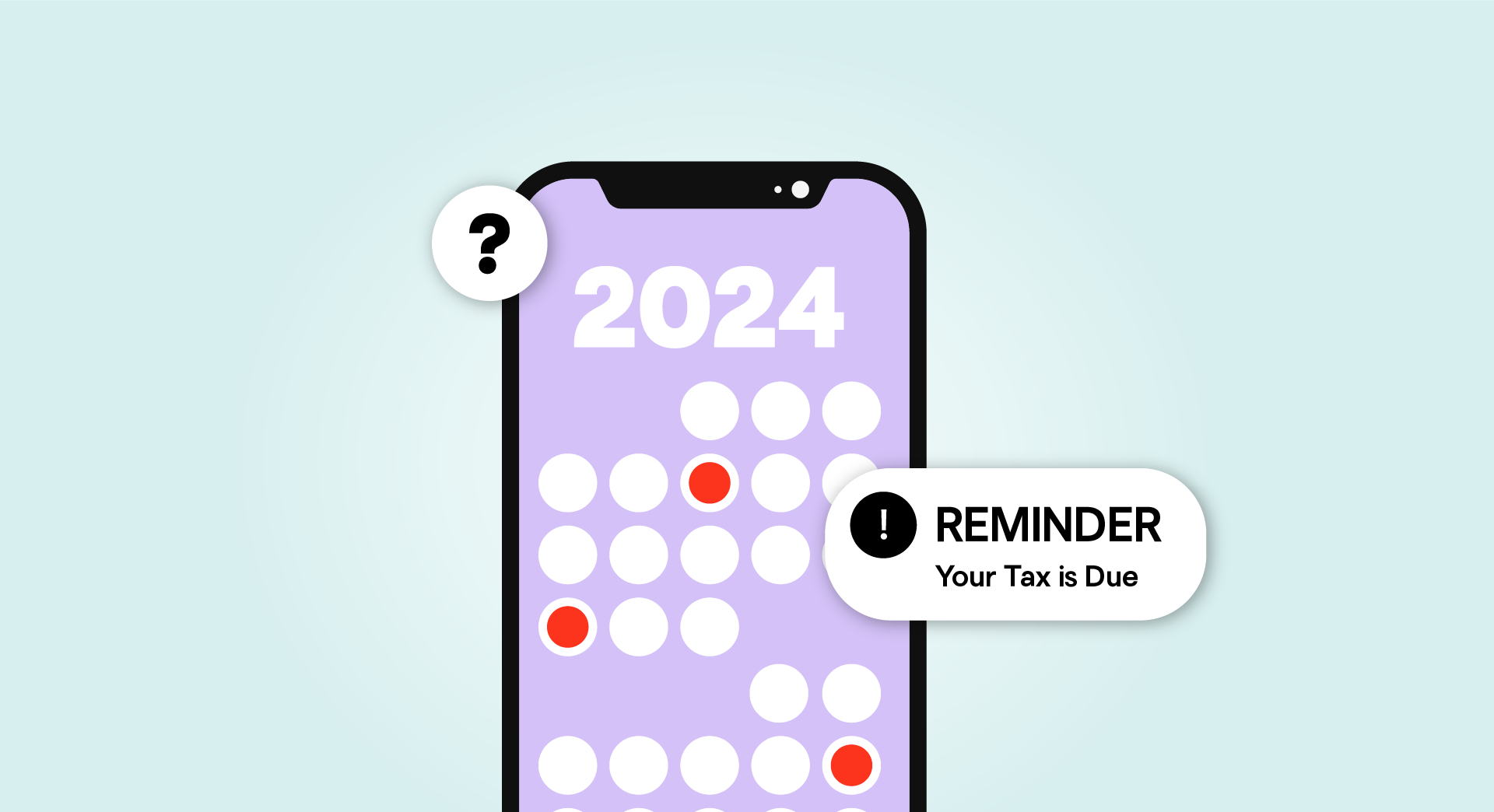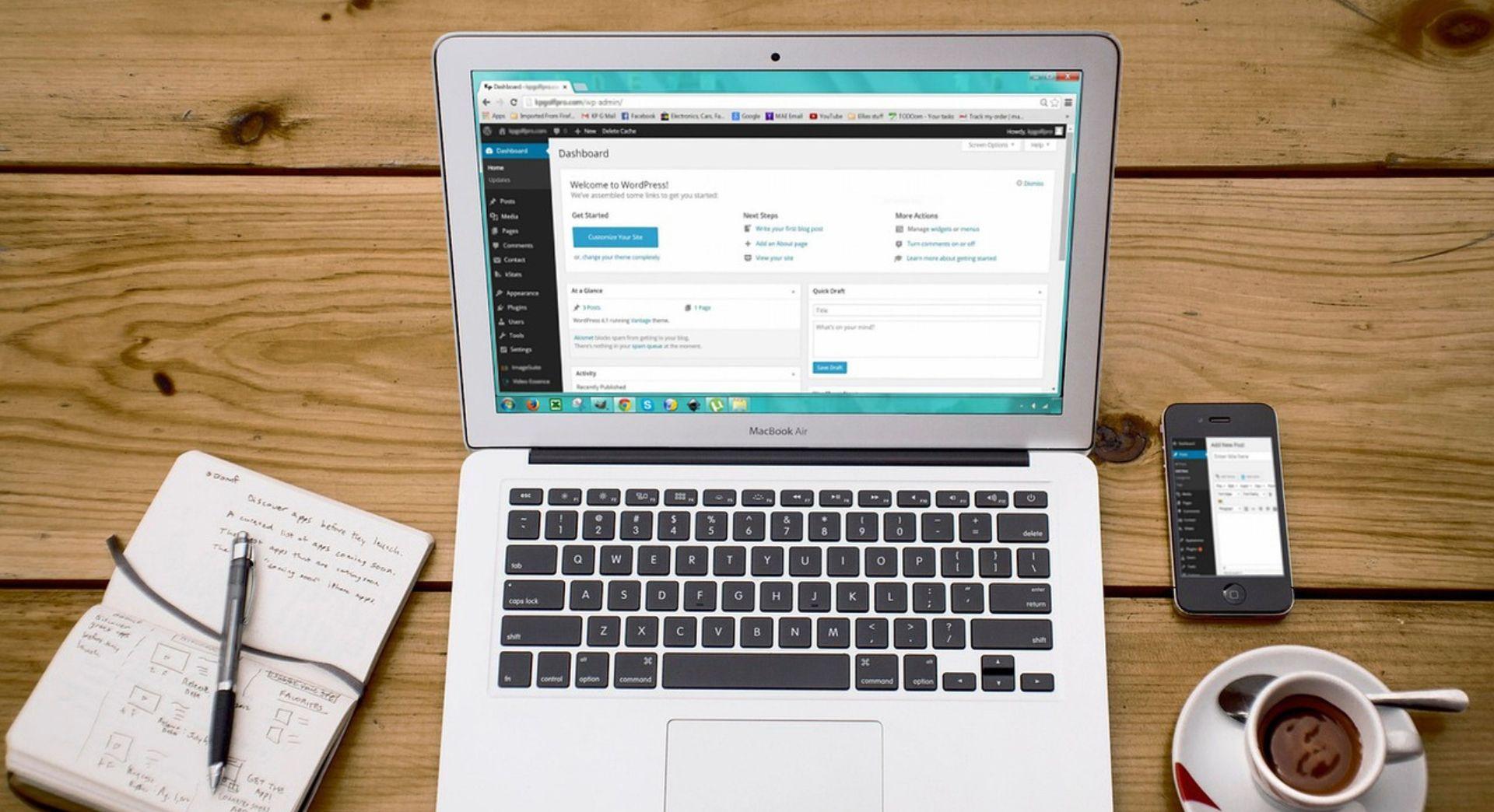UPDATE: This business registration post was originally published on 18 November 2019 and updated on 14 January 2021.
As an entrepreneur or startup business owner, you may be asking: do I really need to register my business? The short answer is, yes. Different types of business registrations are needed depending on how your business is structured.
We’ll look at Australia’s registration requirements and provide the links where you can submit your applications.
Your business registration checklist
In addition to keeping you on the right side of the Australian Taxation Office, registering your business shows potential customers you’re legitimate. It also entitles you to receive full payment for the goods and services you provide.
To complete all the required business registrations now, simply finish each step as you read.
1. Choose a business structure
You have the choice of setting up your business as a sole trader, partnership or company. A few details about each:
Sole trader
This is the easiest way to start a business. As a sole trader, you are your business. You may or may not have staff, and you report your business income on your personal tax return.
Partnership
You and a partner run the business and share the load equally. There can be more than two partners, but none of the partners are considered employees. You can hire employees and still be considered a partnership.
Company

When you set your business up as a company, you are removing yourself — the company becomes its own legal entity. It’s more expensive and difficult to set up a company but it lowers your business tax rates.
Dig into the pros and cons of each structure in this helpful post.
2. Apply for an Australian Business Number (ABN)
An ABN is an 11-digit number unique to your business. It’s the first business registration you need; you must have one to register for any tax credits you qualify for.
Every business needs an Australian Business Number. It’s free and easy to get.
Your ABN identifies you as a business, and you will use this number to prove to other businesses that you’re a registered business.
- Your suppliers and those who hire you may request your ABN before doing business with you.
- It’s standard practice to add your ABN to every invoice.
You may also need an ABN to register for a website domain name, depending on the one you choose.
How much does it cost?
An ABN is free.
Where do I register?
Register at business.gov.au. It only takes a few minutes.
3. Register your business name
A business name is also known as a trading name. It’s the name your customers and suppliers recognise and associate with your business.
Picking a name can be an enjoyable part of starting a business but requires time to make sure it’s the right fit. Need help? Read this post for help on choosing a strong business name you’ll love.

When you register your business name, you’re registering with the Australian Securities and Investments Commission (ASIC) and permitted to do business throughout Australia.
Who needs to register?
Everyone needs to register, unless you’re a sole trader using your name as your business name. Partnerships and companies must register their business names, even if it contains part of an owner’s name.
For example, if Jack Jones runs Jones Construction or Jack’s Renovations, he needs to register his business name.
To make it easy, you can register your business name at the same time as you apply for your ABN.
How much does it cost?
You can register your business name for $36 for one year and $85 for three years.
Where do I register?
You can register your business name here. If you don’t have an ABN yet, you can get one at the same time.
What else do I need to know?
Registering your business name does not legally protect you from trademark infringement. If someone else has already trademarked the name you’ve chosen, you could be liable for damages.
You can use the search trademarks tool to check if another company has a trademark on the name you’d like to use for your business. If you want to protect your business name, you can apply for a trademark here as well.
Related: Intellectual property basics for small business
4. Website registration
Registering a website domain name or URL, is not required to run a business in Australia. However, it’s highly recommended.
If you want a business website, you’ll need a website domain name for it.
By registering a web domain such as JonesConstruction.com.au you get exclusive use of a unique online address that will help you reach more customers.
Who needs to register?
If you’re in the process of naming your business, getting a web address at the same time is a good idea.
Nothing’s worse than buying business cards and store signs with your new business name on them, only to find that the matching web address is already taken. Using a web address that’s completely different from your business name is generally considered a no-no, as it confuses customers.
How much does it cost?
The cost depends on the name you’re after, but can start as low as $8 per year. You can see if the name you want is available by typing it into the domain search box below. If it’s not available, you’ll get a list of options with the cost per year for each.
Find out if your domain name is available right now
What else do I need to know?
Website domain names need to:
- Relate to your business name
- Be easy to spell and remember
- Not contain numbers or dashes
Learn how to select a great domain with the tips in this article.
5. Sign up for Goods and Service Tax (GST) if needed

One of the most common questions small business owners ask is if and when they need to register for Goods and Services Tax (GST).
GST is a broad-based tax of 10% that’s added to most goods and services sold in Australia.
Who needs to charge GST?
Businesses that expect turnover of $75,000 or more a year are required to register for GST. You must have an ABN to apply for GST.
If you don’t expect your income to exceed $75,000, you can still voluntarily register for GST if you like. By registering, you can claim GST on purchases you make for your business, but it might not be the best decision for your business because of the extra administration required.
If you’re not sure whether to register or not, read this post, then talk to a tax accountant.
How much does it cost?
GST registration is free.
Where do I register?
You can register on the Australian Tax Office website.
Are there any other tax registrations I should know about?
In addition to GST, certain businesses are also subject to these taxes:
- Luxury Car Tax (LCT) applies to businesses that sell or import luxury cars.
- Fringe Benefits Tax (FBT) for those business owners who provide fringe benefits to employees.
- Fuel Tax Credits (FTC). If you’re registered for GST, you can also claim eligible fuel tax credits.
- Pay As You Go (PAYG) withholding, for those who have employees and need to withhold tax amounts.
- Wine Equalisation Tax (WET), if you produce or sell wholesale wines.
In conclusion
In summary, every business needs to register for an ABN, which is both easy and free. Additional requirements like registering your business name, applying for GST and getting a website domain name may or may not apply to your business.
Take a few minutes to work through this list to understand what business registrations are required for your business. Best of luck!
The information contained in this blog post is provided for informational purposes only, and should not be construed as an endorsement or advice from GoDaddy on any subject matter.







